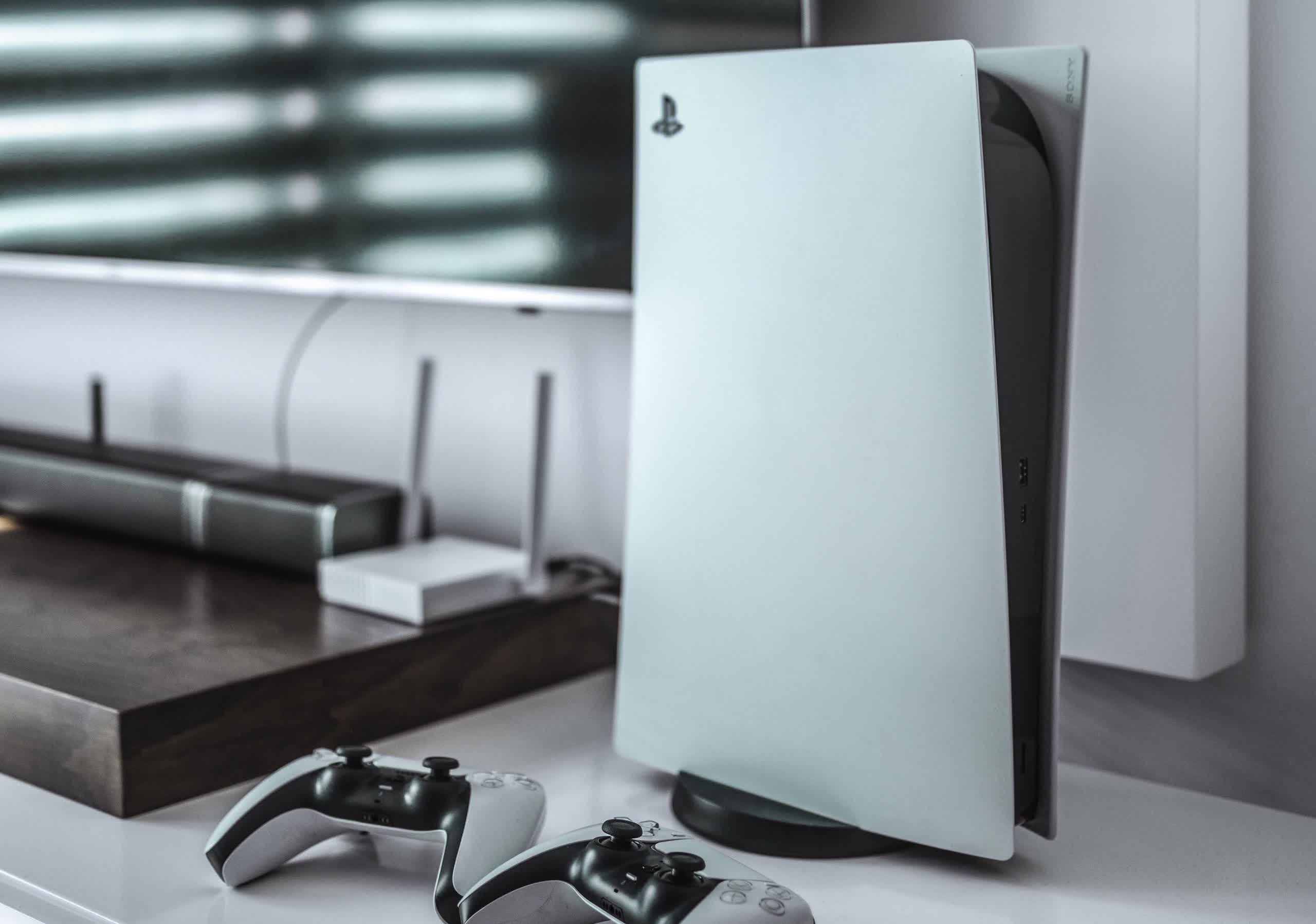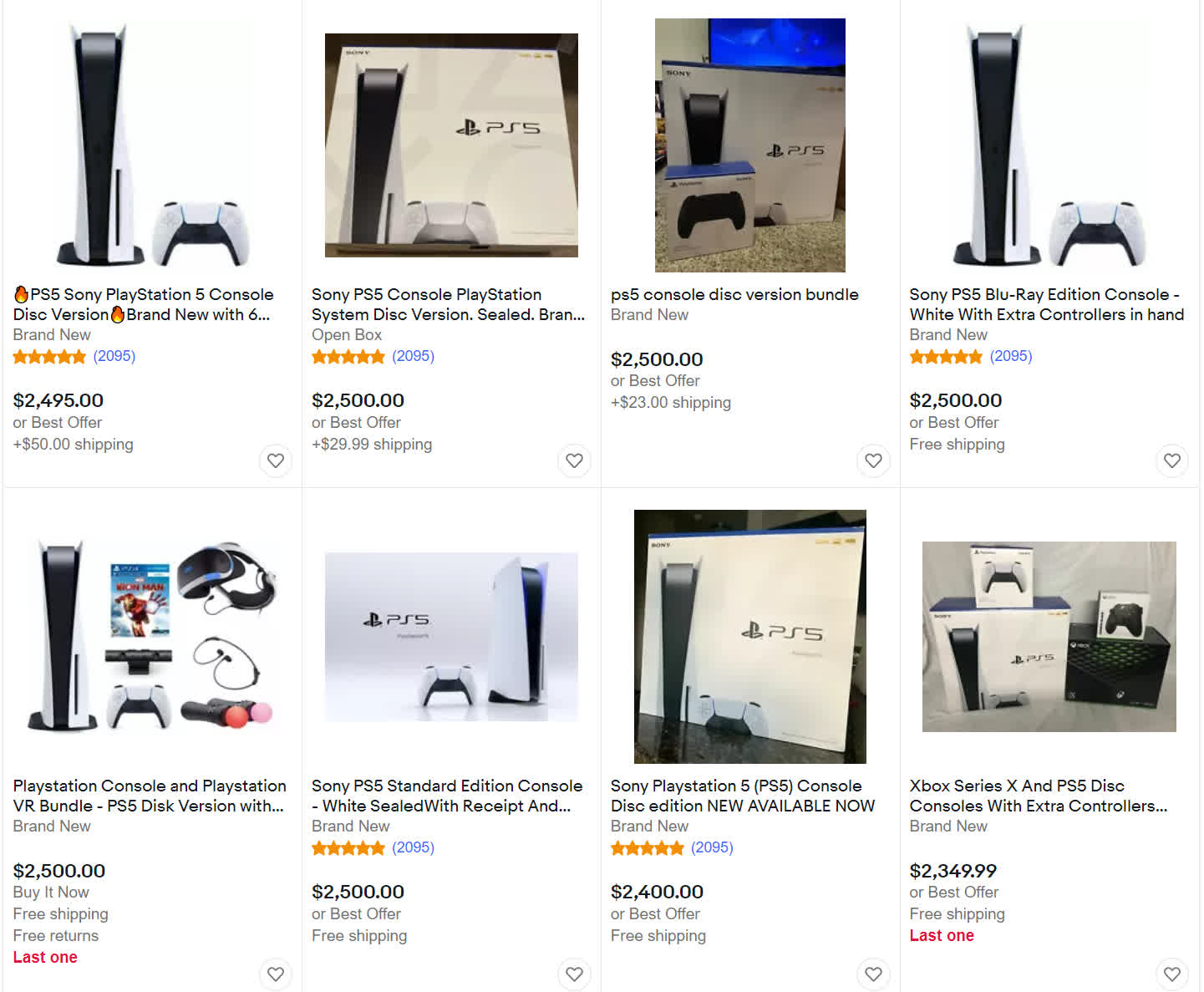What just happened? Think getting hold of a PlayStation 5 is difficult right now? It's probably going to get even worse. Sony has reportedly slashed its previous production forecast by around one million consoles. As with so many other industries, the problem is being blamed on worsening component shortages and logistics issues.
The depressing news comes from a Bloomberg report that cites people familiar with Sony's operations. It notes that the Japanese gaming giant had previously aimed to produce more than 16 million assembled PS5 units by the end of its fiscal year in March, but that number has now been cut to 15 million. The reduction will make Sony's target of hitting 14.8 million PS5 sales by March difficult, the people said.
The chip shortage, as we all know, continues to disrupt the tech industry. Its most recent impact was on the Steam Deck, which has been delayed by two months. It has also hit automakers, graphics cards, the PC market in general, and even the iPhone 13---Apple has reportedly redirected components headed for its iPads to the latest handsets to meet demand.
In addition to the component shortages, logistical issues are also giving Sony a headache. Bloomberg notes that uneven vaccine rollouts across developing nations where Sony's suppliers are based are causing supply problems.
Sony's Chief Financial Officer, Hiroki Totoki, warned investors last month that logistics issues and parts shortages have grown more severe for the company, adding that PS5 sales in the quarter ending September were slightly weaker than expected.
With the holiday season almost upon us, this is unwelcome news for those hoping to secure a PlayStation 5 in time for Christmas, leaving the depressing option of paying way over MSRP for one on eBay.
It's not just those hoping to buy a PlayStation 5 who are set for a disappointing time. Graphics cards are continuing to get more expensive and scarce, with AMD's Radeon RX 6000 series approaching its highest-ever average price. The situation has become so bad that criminals recently hijacked a truck carrying thousands of dollars worth of EVGA RTX 3000 cards.
The question on most people's lips right now is when will the chip crisis end? That all depends on whom you ask. The more optimistic view, shared by Xbox boss Phil Spencer, AMD's Lisa Su, and analyst firm IDC, is that balance and supply will even out in the second half of next year.
A more pessimistic, and many would say realistic, opinion, as believed by Intel CEO Pat Gelsinger, auto industry analysts, and electronics contract manufacturer Flex, is that we'll still be in this situation in 2023. Nvidia, meanwhile, is somewhere in the middle, predicting that graphics card supply issues will last "the vast majority" of 2022.

